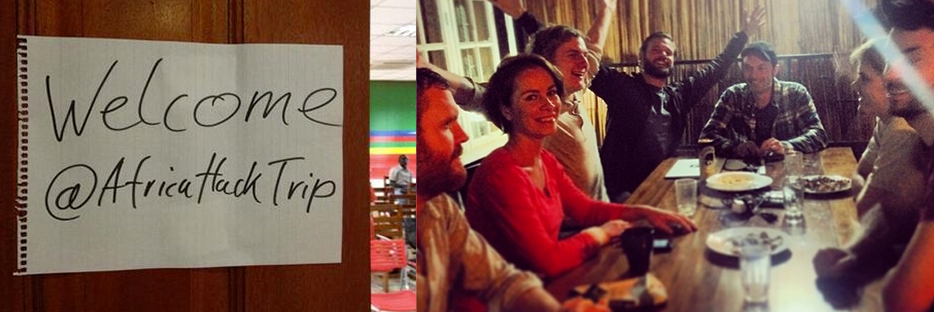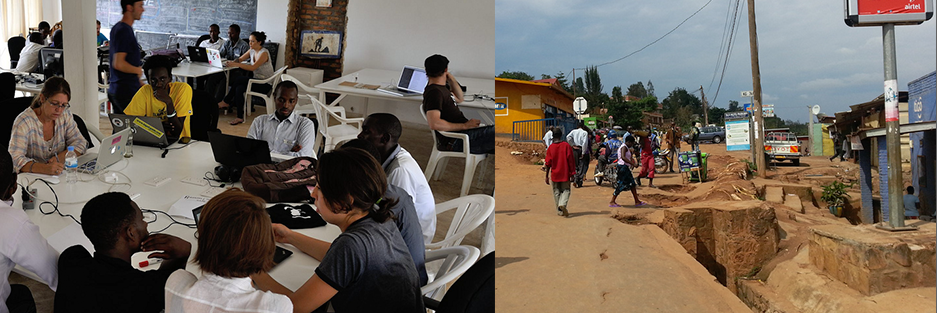Two weeks ago, one of the most influential events in my life came to an end. I visited four African countries during five weeks with a group of nine curious developers and designers. It would involve lots of explanations to describe how the trip actually was, so it will be easier to say what the trip for sure was not.
- it wasn’t a business trip – we had neither a commercial purpose nor a business interest in the entire idea.
- it wasn’t a support action – we had no ambitions to teach anyone; the goal was to get to know the local people and find out what solutions and tools they use.
- it wasn’t a holiday – it was a super-intense time of dealing with an AHT project, the backlog of work at home and private struggles with the unknown African environment.

I need to admit one thing – I had no knowledge about African reality before the trip. On one hand, this was intentional (similar to the fact that I don’t read reviews before going to the cinema), but also because of time and the lack of easy-to-find information.
It turned out to have positive effects. Being silly and naive helps absorb the reality much more intensively. After living under the constant influence of the American and European continents, Africa appeared to be a distinct world with particular rules, needs and corresponding solutions. I met highly talented people, heard so many inspiring stories and places that charmed me with their innovation. The expedition gave me many personal experiences as well as common knowledge that is worth knowing. A very select summary is presented below:
Environment
The first aspect I experienced was a big gap between the average African life and the technology environment. I met modern and actively-operating places as hubs and coworking spaces. On the other hand, what I saw initially were countless piles of rubbish, enormous holes in the roads, lack of sidewalks, poor people and a slow internet connection. Even if african tech community is struggling with daily issues: insufficient infrastructure, lack of qualified people or commercial opportunities, it develops very mature projects (e.g. work of Ushahidi or HeHe Ltd.). Of course, I observe this situation from my personal perspective. I would say the differences in life and society are not that huge and visible in Poland.

Technology
The lesson I learned – make technology as simple as possible and adjust to the infrastructure you have. I’m big fan of the mobile payment solution M-Pesa that seems like the easiest payment system in the world. Still asking the question: why don’t we have this in Europe? I love the Ping App as a answer to the Westgate terrorist attack. It’s an extremely simple and useful tool that helps people to connect to their families and friends in case of disasters or crimes. The development team made sure that it is accessible to as many people as possible via smartphones, simple phones or desktop computers.
Almost all the valuable projects in Africa are based on sms and offline solutions because there is actually a possibility to make this technology affordable for average person. What we can NOT do is compare the technology in Africa to Europe: these are different mediums speaking to people in diverse economic realities.
This is the first bunch of my personal impressions. More information – about African products, devices and design – coming soon!